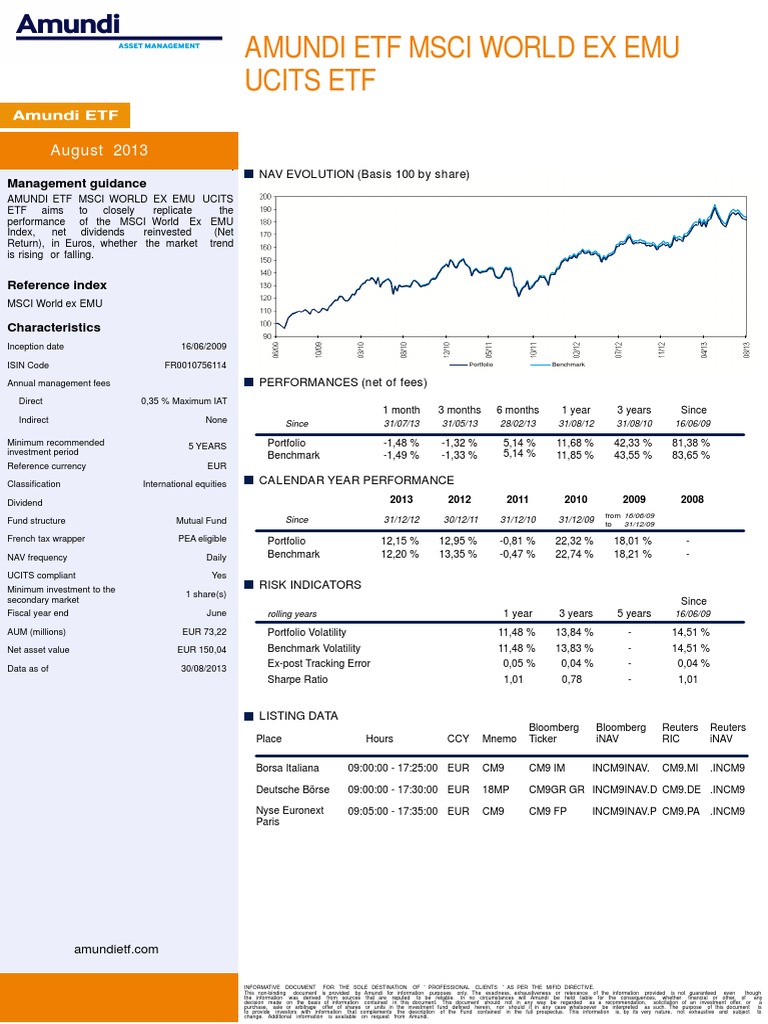The Phone Rings: A Tale Of Waiting

Table of Contents
The Psychology of Anticipation: Why Waiting is So Hard
Waiting for an important phone call can feel like an eternity. The uncertainty gnaws at us, creating a cocktail of anxiety and stress. Our heart rate increases, our palms sweat, and our minds race with "what ifs." This isn't just in our heads; waiting triggers a real physiological response. The longer the wait, the more intense these feelings become.
- Uncertainty and the Unknown: The lack of information fuels anxiety. Not knowing when the call will come, or what it will entail, significantly amplifies the stress. This uncertainty activates our brain's threat detection system, keeping us on high alert.
- The Power of Expectations: Our expectations, whether positive or negative, heavily influence the waiting experience. A highly anticipated call (like a job offer) brings joyful anticipation, but also the fear of disappointment. Conversely, dreading a difficult conversation creates a different kind of stress, fueled by negative expectations.
- Psychological Time: Waiting often feels much longer than it actually is. This "psychological time" distortion is a common experience, where our perception of time is skewed by our emotional state. The more anxious we are, the longer the wait seems.
Different Types of Calls, Different Levels of Waiting
The type of phone call dramatically affects our waiting experience. The emotional weight differs significantly depending on the context.
- Job Interview Calls: The anticipation of a job interview phone call is often fraught with high stakes. The outcome significantly impacts our future, creating intense pressure and anxiety. Waiting for a callback can feel agonizing, filled with self-doubt and the constant replay of potential answers.
- Medical Test Results: Waiting for a phone call with medical test results is a unique form of anxiety. The uncertainty surrounding our health generates intense fear and worry. Every moment feels amplified, with each ring of the phone carrying a potentially life-altering piece of information.
- Personal Calls from Loved Ones: Conversely, waiting for a call from loved ones often brings hope and anticipation. It can be a source of comfort and connection, especially during periods of separation or concern. However, delays can still trigger worry and heighten emotions.
Coping Mechanisms: Managing the Wait
While the anxiety associated with waiting for an important phone call is completely normal, there are strategies we can employ to manage it.
- Mindfulness and Deep Breathing: Practicing mindfulness techniques, such as focusing on our breath, can help ground us in the present moment and reduce feelings of overwhelm. Deep, slow breaths can calm our nervous system and reduce anxiety.
- Distraction Techniques: Engaging in hobbies or activities we enjoy can help distract us from the constant anticipation. This could involve listening to music, reading a book, working on a project, or spending time in nature. Anything that can shift our focus away from the phone.
- Focusing on What's Controllable: We can’t control when the phone rings, but we can prepare. If it's a job interview, review your answers. If it’s a doctor's call, gather your questions beforehand. Focusing on what's within our control reduces feelings of helplessness.
The Aftermath: Dealing with the Outcome
Regardless of whether the call brings good or bad news, the emotional fallout is significant. How we process the outcome is crucial for our well-being.
- Processing Positive Outcomes: If the call brings good news, allow yourself to celebrate! Share your joy with loved ones, plan for the next steps, and savor the positive outcome.
- Processing Negative Outcomes: If the news is disappointing, remember self-compassion. Allow yourself to feel the emotions without judgment. Seek support from friends, family, or a therapist. Remember this is a temporary setback, not a reflection of your worth.
Conclusion: Learning to Navigate the Ring
Waiting for an important phone call is an undeniably stressful experience. Understanding the psychology behind this anxiety, and employing healthy coping mechanisms, can significantly improve how we manage the wait and process the outcome. The next time the phone rings, remember these strategies to master the art of waiting and conquer phone call anxiety. Share your own experiences with waiting for important calls in the comments below—let’s learn from each other!

Featured Posts
-
 New Ferrari Flagship Showroom Opens In Bangkok
May 25, 2025
New Ferrari Flagship Showroom Opens In Bangkok
May 25, 2025 -
 Amsterdam City Sued Tik Tok Crowds Overwhelm Snack Bar Residents File Lawsuit
May 25, 2025
Amsterdam City Sued Tik Tok Crowds Overwhelm Snack Bar Residents File Lawsuit
May 25, 2025 -
 Tracking Amundi Msci World Ii Ucits Etf Usd Hedged Dist Net Asset Value
May 25, 2025
Tracking Amundi Msci World Ii Ucits Etf Usd Hedged Dist Net Asset Value
May 25, 2025 -
 New Porsche Cayenne Ev 2026 What Spy Photos Tell Us
May 25, 2025
New Porsche Cayenne Ev 2026 What Spy Photos Tell Us
May 25, 2025 -
 A Deep Dive Into Demnas Gucci Collections
May 25, 2025
A Deep Dive Into Demnas Gucci Collections
May 25, 2025
Latest Posts
-
 Tik Tok Tourism Backlash Amsterdam Residents Sue Over Snack Bar Crowds
May 25, 2025
Tik Tok Tourism Backlash Amsterdam Residents Sue Over Snack Bar Crowds
May 25, 2025 -
 Crisi Dazi Mercati In Caduta Libera La Risposta Dell Ue
May 25, 2025
Crisi Dazi Mercati In Caduta Libera La Risposta Dell Ue
May 25, 2025 -
 Aex In De Plus Ondanks Onrust Op Wall Street Wat Betekent Dit Voor Beleggers
May 25, 2025
Aex In De Plus Ondanks Onrust Op Wall Street Wat Betekent Dit Voor Beleggers
May 25, 2025 -
 Amsterdam City Sued Tik Tok Crowds Overwhelm Snack Bar Residents File Lawsuit
May 25, 2025
Amsterdam City Sued Tik Tok Crowds Overwhelm Snack Bar Residents File Lawsuit
May 25, 2025 -
 Onrust Op Amerikaanse Beurs Maar Aex Stijgt Analyse Van De Markten
May 25, 2025
Onrust Op Amerikaanse Beurs Maar Aex Stijgt Analyse Van De Markten
May 25, 2025
